In DC’s latest prequel series, Pennyworth, Jack Bannon takes on the role of the iconic Alfred Pennyworth before he became Batman’s butler. Here, he is an ex-SAS operative, living in a post-war London, trying to restart his life as a security consultant. It isn’t long, however, before his life becomes incredibly complicated. When he encounters a shady Thomas Wayne, a secret society that’s trying to overturn society, and a woman named Martha.
Earlier today, we caught up with Jack Bannon via video call to find out what it’s been like taking on such an iconic role and making it his own.
This interview has been edited for length and clarity.
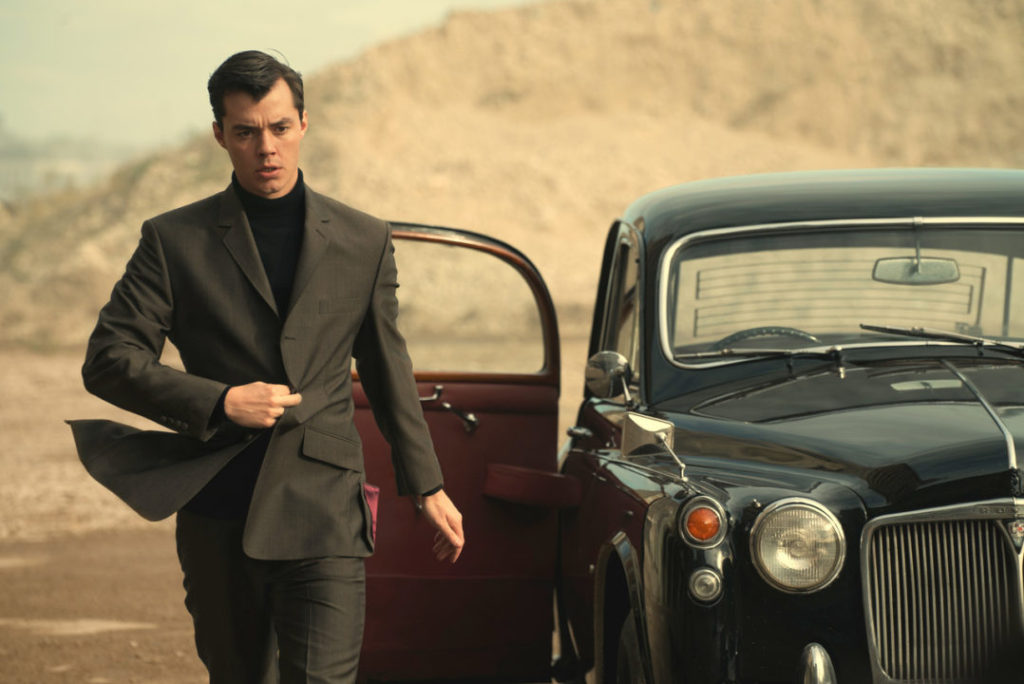
Umapagan Ampikaipakan: Let me start by saying that you completely own this role. And I say this in the best way possible, but there were moments when it felt like this was an audition tape for Bond. Because you brought to the role that same complex combination of suave, sexy, vulnerable, and brutal. I got a little bit of Bond. And a little bit of The Saint. What were your points of inspiration for the character? How did you make it your own? Because the source material doesn’t give you very much to go with.
Jack Bannon: They are great comparisons, I think. The Bond thing is a comparison I will gladly take. But I think if you put a British man in a suit and give him a gun, it’s kinda done for you.
The script really was my starting point. It was so full of information. Bruno (Heller) had done such a great job that we sort of stuck very closely to that. You know, with it being a world 13 degrees weirder and darker than normal, and one that he had very, very, very carefully created. I didn’t want to stray too much from that. But I watched old Michael Caine films from the era. Like the Harry Palmer stuff, The Ipcress File, and stuff like that, which has that kind of spy element to it. So perhaps the James Bond stuff came from there.
But I’ll take that comparison. Thanks.
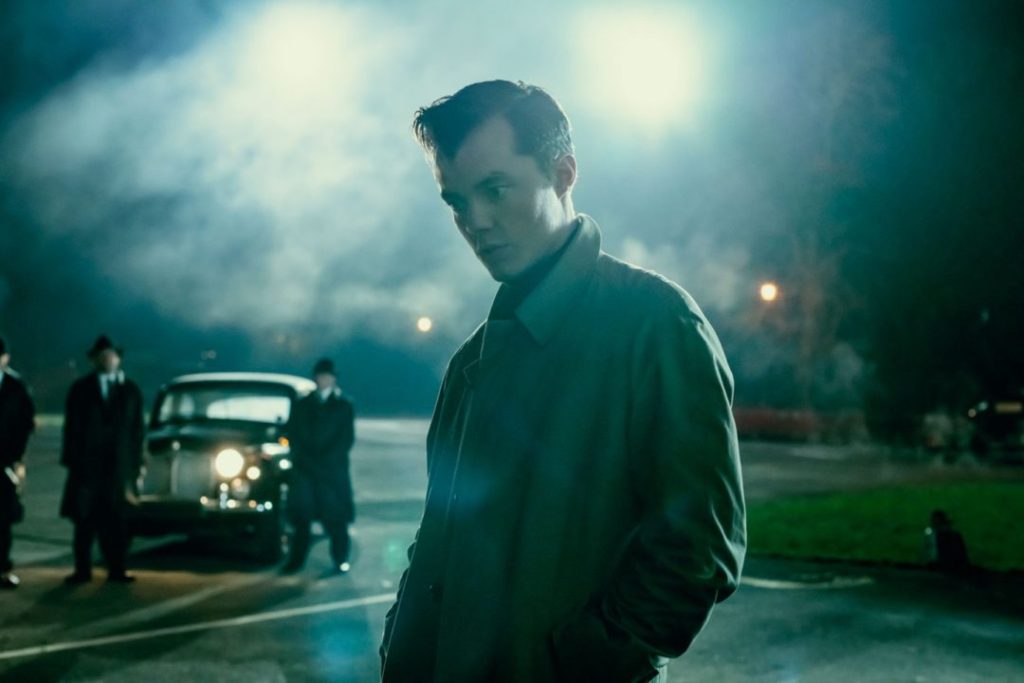
UA: The thing that stands out most about Pennyworth is that it doesn’t fall into the usual prequel traps. Most of all, it allows for these characters to exist by themselves and not just in the shadow of Batman. What was the driving ethos on set? Was there the constant reminder that this exists as part of a bigger intellectual property? Or was the approach always to make this its own thing?
JB: That’s a great question. And it was always to make it its own thing. We were essentially shooting a drama that was about a guy who sets up a security firm, blah, blah, blah. His name just happens to be Alfred Pennyworth. And we could have gone through the whole thing with different names. And then, at the end, they said, “you know what, this is actually blah, blah, blah.” But we didn’t. But there are a few Easter eggs and things like that.
You know, I wasn’t as familiar with the comics. I wasn’t as much of a superfan as Hainsly Lloyd Bennett, who plays Bazza. He is a big fan. So he would be our sort of inside guy on set where he would be like: “Nah. Like this means this… and this is from this…” and very excitedly tell us what’s going on. But a lot of us, Bruno (Heller) and Danny (Cannon) included, said that this is completely stand alone. The fact that what happens, happens. And he goes off to Gotham and whatever, that is so far in the future that we don’t need to worry about it.
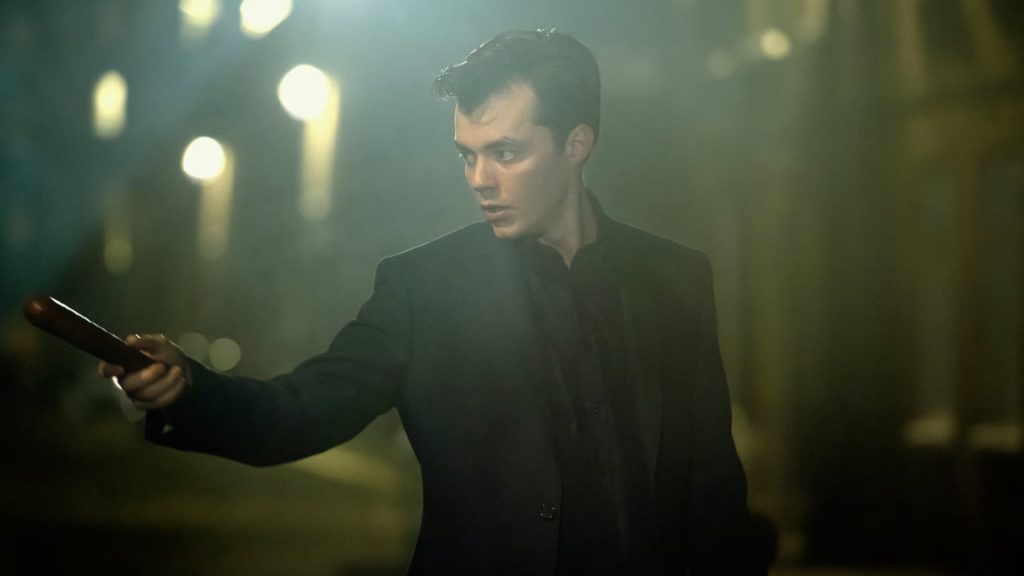
UA: The other thing that I loved about Pennyworth, is that even though it is “Batman’s Butler Begins”, we see a character that’s already fully formed. All of those core things we love about Alfred are already there. His skills. His loyalty. His self-sacrifice. In developing this character, which part of his personality did you really want to delve into?
JB: I’ve always been amazed at his selflessness; coupled with his moral calm. He always seems to know what the right thing to do is. Even if it means he has to sacrifice certain things. Which he often does for Bruce Wayne. I’ve always been interested in that.
As you get older, you sort of only become more like yourself, don’t you? When you meet these old people that are very, very selfless, I think is quite easy to accept. But to See that in a 20-year-old in swinging 60s London. That’s quite odd. I think people at that age are a little bit more tunnel visioned and trying to make their way in the world. And I thought it was quite interesting to see how he ends up the way he does.
UA: Before I let you go, can I get your reaction to James Purefoy in Season 2?
JB: My reaction was “incredible.” I was thinking about it and the opportunity to work with somebody like that has been great and he’s fantastic. I’ve only had a few scenes with him, but he’s been brilliant.

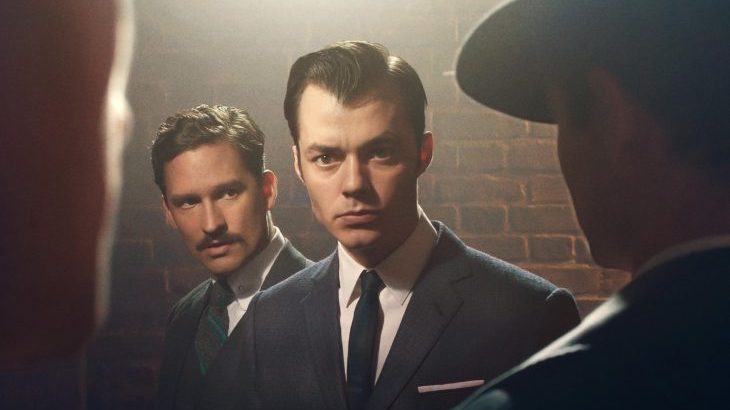

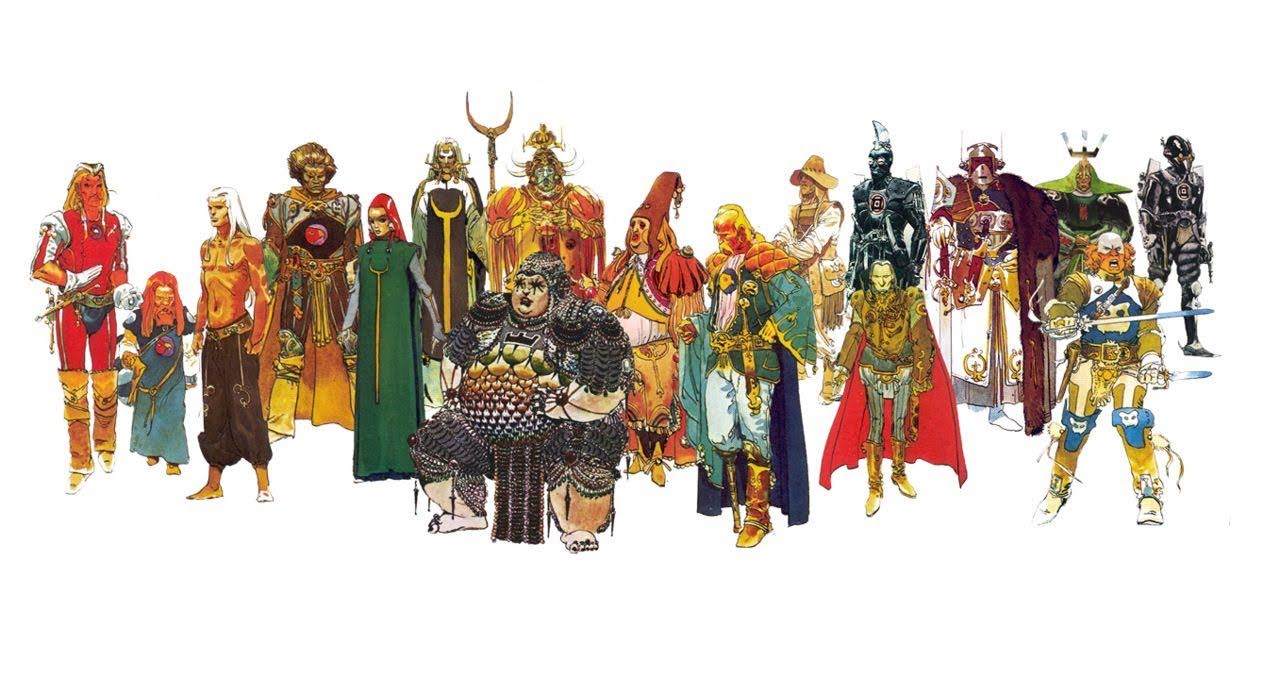
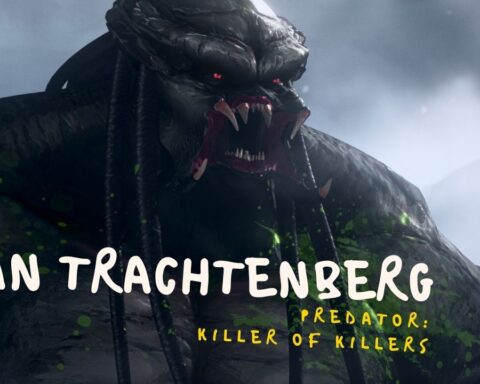
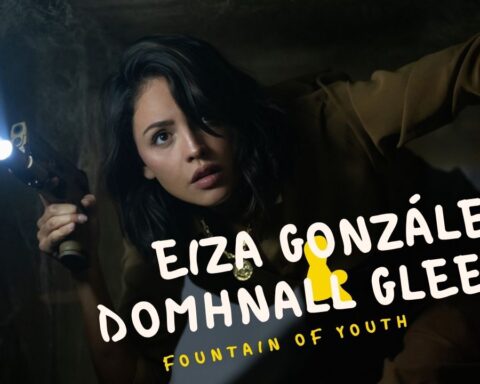
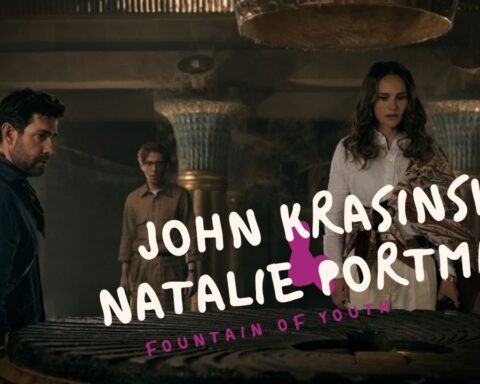
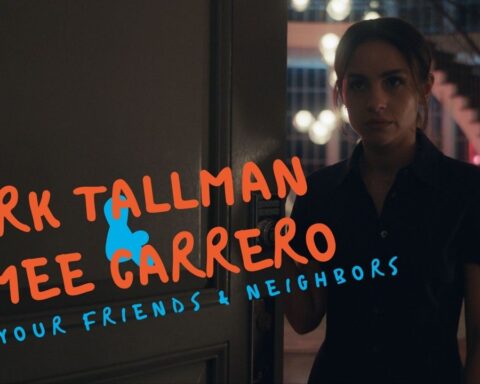
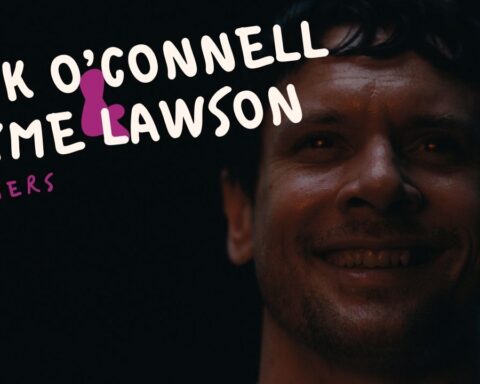
Follow Us